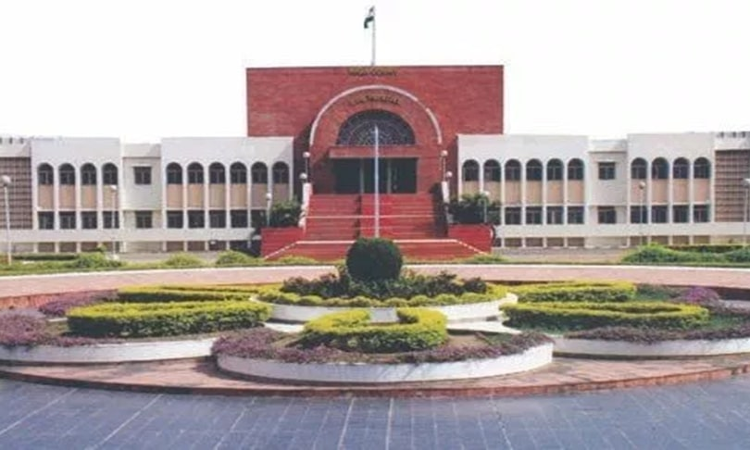Bombay High Court Upholds Grant Of Maintenance To Woman Who Had Accepted Alimony Under 'Customary Divorce'
Amisha Shrivastava
29 Jan 2023 7:49 PM IST

Next Story
29 Jan 2023 7:49 PM IST
Observing that a person's approaching the civil court for divorce itself shows that customary divorce does not exist in his caste, the Bombay High Court recently upheld an order granting maintenance to a woman under the Protection of Women from Domestic Violence Act, 2005 (DV Act).Justice S. G. Mehare, in the husband’s challenge to the award, held that:“For claiming any customary right,...
